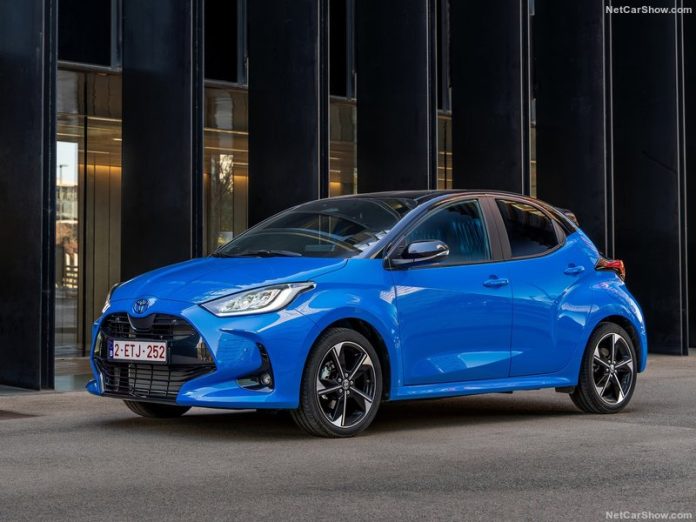Switzerland’s auto market experiences slowdown in 2024. In September 2024, sales dipped by 6.4% in year-on-year volume and reached 19,615 (-6.4%). YTD figures decreased by 3.9% compared to the prior year, reaching 169,708.
Market Trend and Outlook
The Swiss auto market was negatively impacted by the economic outlook. Sales in September 2024 fell 6.4% in year-on-year volume, reaching 19,615. YTD figures at 169,708 were down 3.9% compared to the prior year.
Looking at cumulative data up to September 2024 brand-wise, the new leader was BMW -up 2 spots- with 16,343 sales (+8.5%), followed by Skoda at 15,530 (+2%) and Volkswagen -down 2 spots- at 15,188 (-14.5%)
In 4th position ranked Mercedes -up 1 spot- at 12,669 sales (-3.1%), followed by Audi -down 1 spot- at 12,571 sales (-14.7%), followed by Toyota with 9,198 registrations (-5%) and Tesla -up 1 spot- with 7,242 units sold (+10.2%).
Volvo -up 4 spots- ranked in 8th with 6,872 auto registrations (+21.8%), followed by Hyundai with 6,389 units sold (+2.1%). Closing the top 10 Dacia -up 1 spot- reported 5,754 (+1.4%).
Looking at specific models, reported in the dedicated article, the Tesla Model Y was still the best-selling model with a 12.4% year-on-year growth, followed by the Skoda Octavia with a 20.9% growth.
Medium-Term Market Trend
The Swiss auto market in the past decade has had many ups and downs. From 2010 to 2019 sales remained above the 300k mark, reaching a maximum in 2015 at 345,219 sales and a minimum in 2018 at 304,871 registrations.
In 2020 with the arrival of the pandemic sales dropped for the first time bellow 300k reaching 236,825 (-23.9%).
In 2021 the Swiss auto market slightly recovered reporting a 0.7% growth in sales. While in 2022 sales reached 225,833, the lowest level of the last decade (-5.3%). A combination of factors are behind the current industry struggle: the disruption in the global supply chain caused by a lack of raw materials, in particular for the production of microchips and Governments push towards Evs.
Despite, the Swiss auto market in 2023 closed with a total of 251,959 sales and increasing 11.6% compared to the previous year.
Tables with sales figures
In the tables below we report sales for all Brands, top 10 Manufacturers Groups and top 10 Models.










